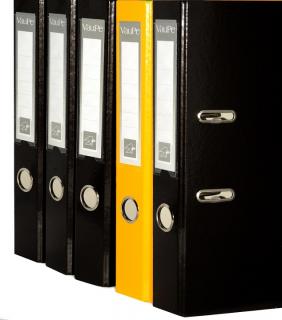Congregational Policies and Procedures - An Overview
By Congregational Life

Congregational bylaws, which lay the foundation for the congregation as a legal entity, are augmented by other documents that guide the day-to-day operations and decisions of the leaders and members of the congregation.
Policies
Policies are a board’s record of past decisions that are meant to guide future decisions. They are adopted after a deep discernment process (e.g., picture forming). They are a way of telling future boards “this is our best thinking and guidance on this subject.”
Policies are voted on by the board of trustees with input from the affected committees, staff, or ministry program teams. Policies might include limitations on building use, the number of signatures needed on checks of certain amounts, safety, no-smoking policies, limitations on alcohol use, acceptance of earmarked funds, staff hiring, how to handle conflict or disruptive persons and how the congregation operates as an employer.
Procedures
Procedures describe best practices (at least at the time that they were written) or might just serve to help a congregation with its institutional memory of how something was done in the past. These are easily changed or updated by the affected governance committees or ministry teams.